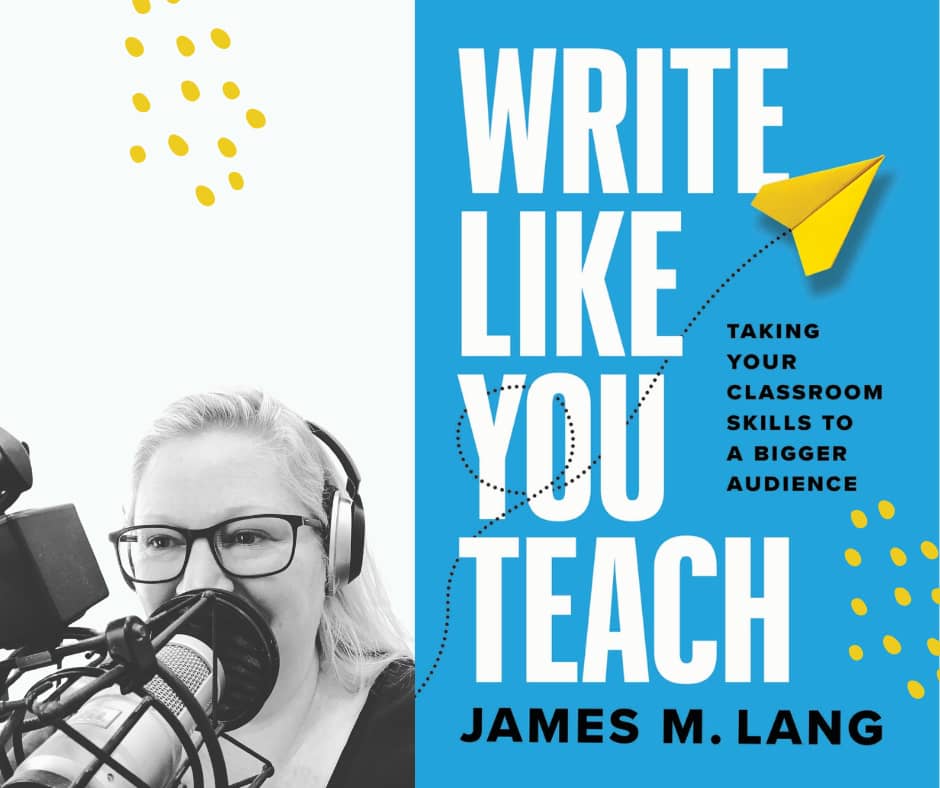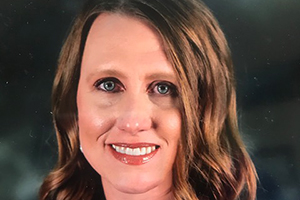Anyone who has gone into higher education from a “non-traditional” background knows that widening participation is a double-edged sword. It is there to promote social mobility – but for individual students this journey, once taken, tends to be irreversible.
In return for out-earning your family of origin, you are likely to endure a long period of feeling like an outsider. Whether it’s your accent, the words you use, the house you lived in, what you eat, the school you went to, or where (and indeed, if) you go on holiday, there are thousands of ways that you can feel different – and lesser. For some students, this feeling of being an imposter is further compounded by differences in culture, religion and ethnicity. As time goes on you can either continue standing out like a sore thumb or you can start to assimilate and, in doing so, lose little pieces of yourself forever.
This is the story I heard many times over while carrying out research for a report published today. A Different World explores socioeconomic disadvantage in the transition to university and first year experience. In a partnership between Unite Students, University of Leeds and Manchester Metropolitan University, students took part in interviews, focus groups and co-creation, with most of them contributing directly to the report’s 33 recommendations.
If this many recommendations seems excessive (even though they are helpfully grouped into six themes) it’s because most of them are about small but meaningful actions. I’ve spent the best part of 25 years advocating for a more inclusive higher education sector, but it’s only since working in student accommodation that I’ve come to see the value of these day-to-day moments as a force for change.
University visits for schools are good, tutoring projects even better, and the return of grants would be lovely – but wherever the student experience is built on middle-class norms we will continue to see lower enrolment, continuation, completion, attainment and graduate outcomes among students from a different background.
The change that is needed – and attainable – involves small, local actions in addition to system-level change.
In their own words
A Different World enables students to tell their own stories in their own words, which brings a richness of nuance to the topic and reveals opportunities for change.
For example, there are many ways to cope with alienation, but opportunities to meet others from similar backgrounds really helps. As well as other students, this could also include staff members, and not just academic staff. Student accommodation maintenance teams made a difference for one student, and outside of this research I’ve heard many stories of students whose experience has been transformed by housekeepers or the reception team. Do we recognise and encourage this enough? Students were also reassured by services specifically aimed at them. We British don’t like to talk about social class, but maybe it would be helpful if we did.
Students also shared the challenges of working and balancing a budget, and financial matters certainly did limit opportunities for socialising and extra-curriculars. However, they talked at least as much about their budgeting skills and ability to find the best bargains, skills usually learned from family. They were so impressive in this respect that they would have been helpful peer coaches for students in financial difficulty.
A less obvious impact of socioeconomic background is gaps in fundamental knowledge about higher education. If you are the first person in your family to go to university, and especially if your school or college isn’t geared up to preparing you for it, there will be a lot you don’t know, including “unknown unknowns”, which put you at a disadvantage. For some students, unspoken assumptions tripped them up several times in the first year leading to missed opportunities and academic disadvantage.
A different world
The good news is that there’s a lot that can be done that would benefit students from disadvantaged backgrounds, and much of it would benefit a wider range of students too. You are probably doing some of these already, or in pockets within the organisation.
All academics, and especially personal tutors, could explain expectations, terms and how to interact with them. For example, what are “office hours”, how do students get a meeting with you, and what are they allowed to talk about in those meetings? Module leaders could include ice-breakers at the start of every module, which also helps to promote belonging. Campus services staff could be encouraged and trained to develop more meaningful relationships with students, within appropriate boundaries. You could employ more students, especially those on a low income, and encourage your partners and suppliers to do the same. You could work with student-led societies to develop more inclusive practices and clearer communication. Maybe offer targeted bursaries for extra-curricular activities, via a clear and efficient process. For further inspiration I’d recommend reading the case studies from Manchester Metropolitan University and the University of Leeds that are included in the report.
Widening access has been a success story over the last three decades – but if we’re serious about delivering social mobility as a sector, and as a society, individual students will benefit from better awareness and support while they are undertaking that difficult journey.



